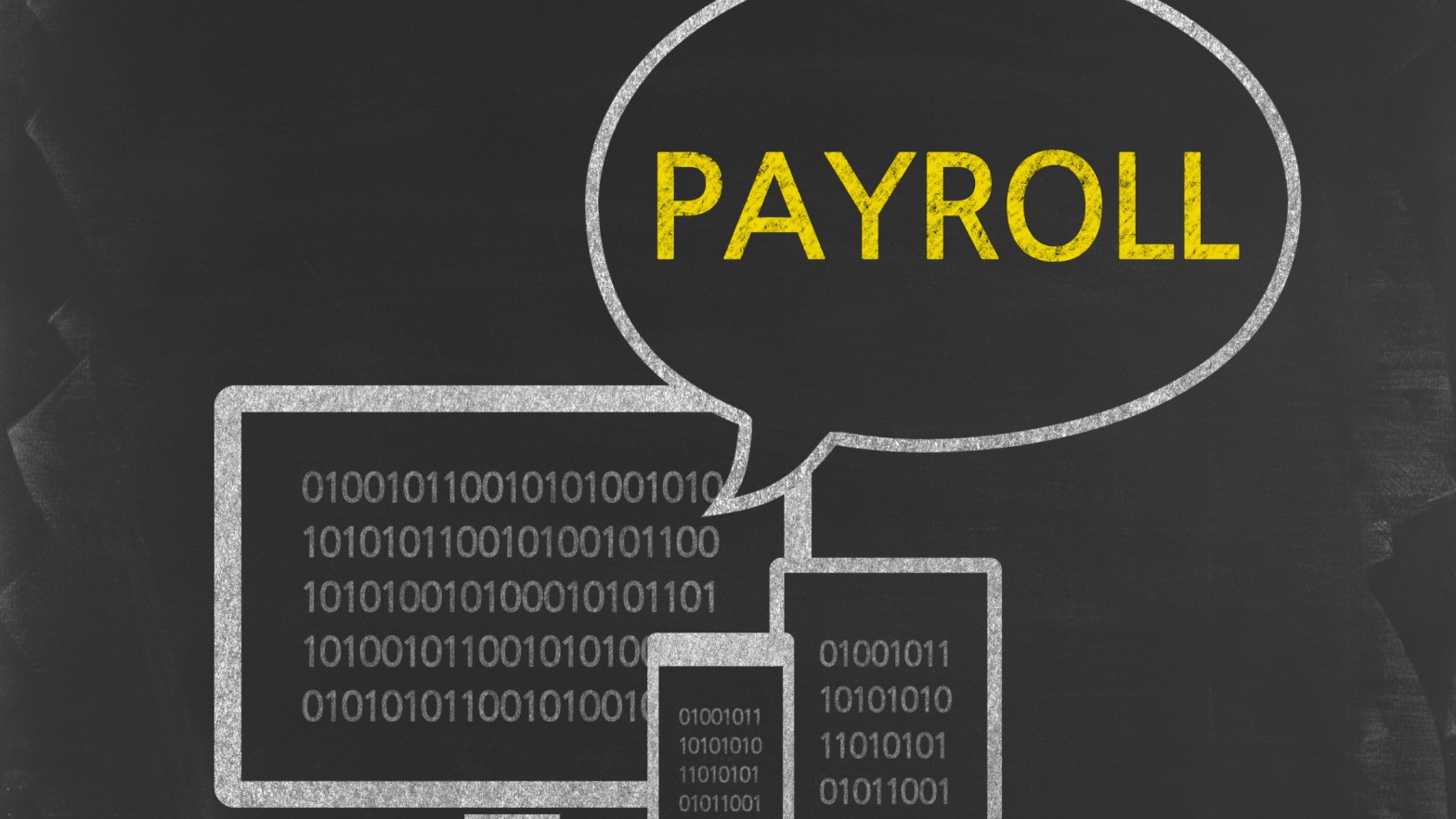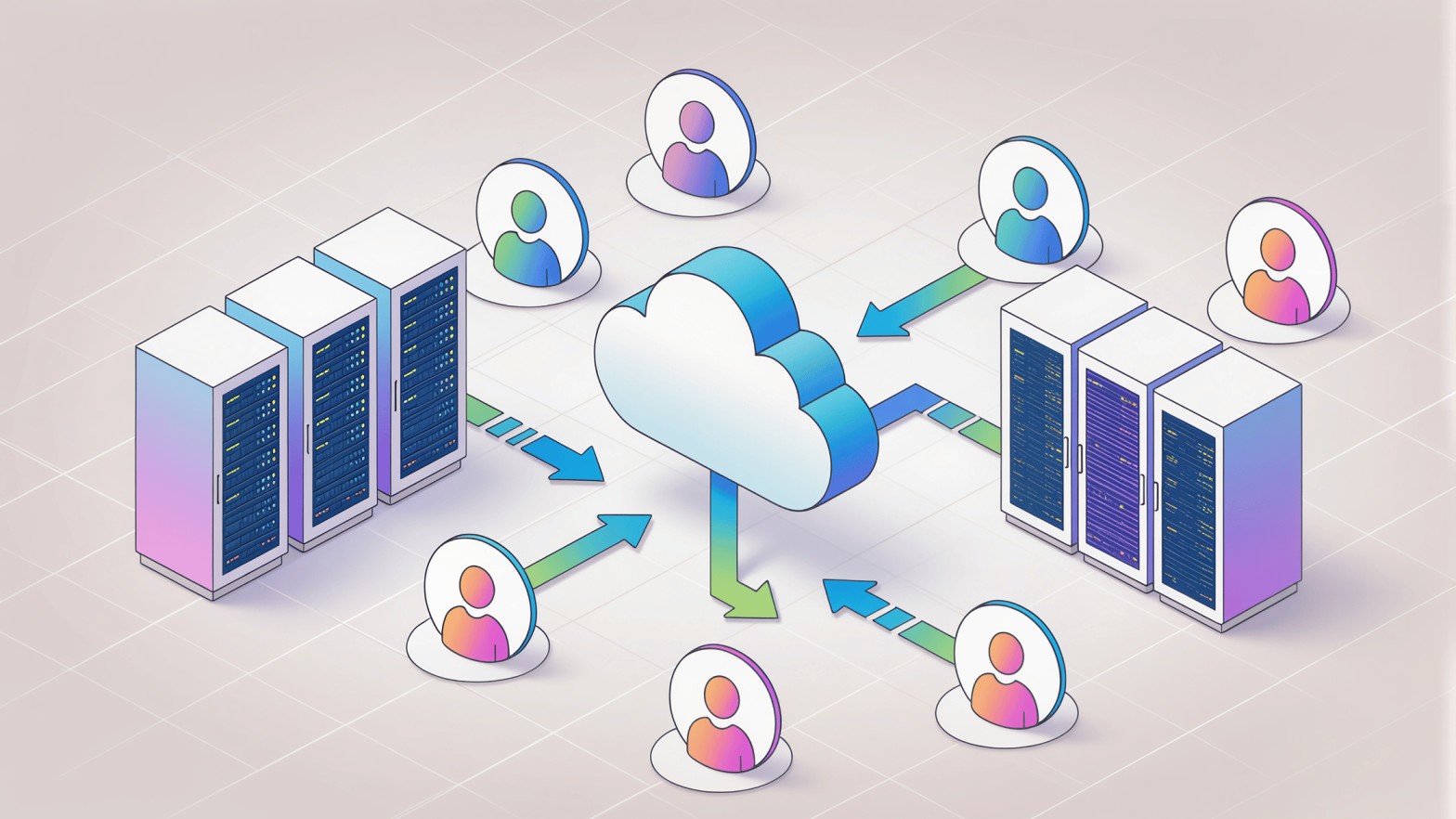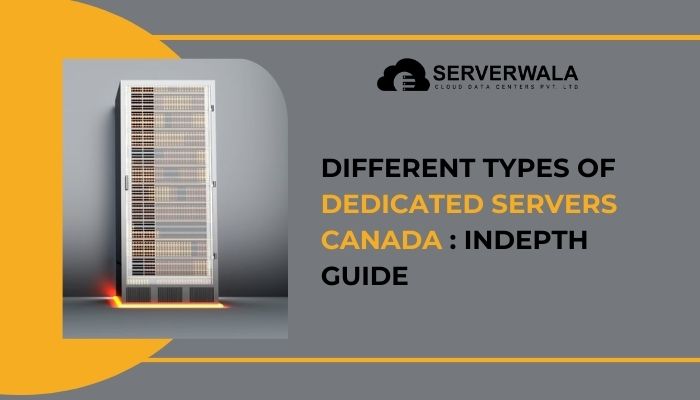SAP BTP vs. Other Cloud Platforms: What Sets It Apart?

Strong 8k brings an ultra-HD IPTV experience to your living room and your pocket.
SAP BTP vs. Other Cloud Platforms
Cloud platforms have transformed the way businesses operate, providing scalable solutions for application development, data management, and automation. Among the many cloud platforms available, SAP Business Technology Platform (SAP BTP) stands out as a unique offering, especially for enterprises deeply invested in SAP applications.
But how does SAP BTP compare with other cloud giants like AWS, Microsoft Azure, and Google Cloud? What features set it apart, and why should businesses consider it over other platforms? This article will explore these questions, breaking down SAP BTP’s advantages, limitations, and competitive positioning in the cloud computing landscape.
What is SAP BTP?
SAP BTP is an integrated cloud platform that provides tools and services for data management, analytics, AI, application development, and integration. It is designed to work seamlessly with SAP solutions and other enterprise applications, making it a top choice for businesses using SAP ERP, SAP S/4HANA, and other SAP-based systems.
Evolution of SAP BTP
Previously known as SAP Cloud Platform, SAP BTP has evolved to include a broader range of services, including AI, automation, and low-code development tools. SAP BTP now acts as a central hub for digital transformation, providing businesses with flexibility, scalability, and deep integration capabilities.
Attend SAP Insider 2025 with NeuVays to receive a live, one-on-one consultation opportunity.
Industries Benefiting from SAP BTP
SAP BTP is widely used across industries such as:
Manufacturing: Streamlining supply chain processes
Retail: Enhancing customer experiences through analytics
Finance: Managing compliance and risk with automation
Healthcare: Leveraging AI for better patient management
Key Features of SAP BTP
SAP BTP distinguishes itself through its comprehensive suite of cloud services, including:
1. Integration Capabilities
SAP BTP enables seamless integration with SAP and third-party applications, ensuring smooth data flow across the enterprise.
2. Application Development & Automation
With tools like SAP Business Application Studio and low-code/no-code environments, businesses can rapidly build, extend, and automate applications.
3. Data Management & Analytics
SAP BTP provides real-time analytics, AI, and machine learning capabilities, helping businesses gain actionable insights from data.
4. Security & Compliance
SAP BTP ensures enterprise-grade security, adhering to regulatory standards like GDPR and ISO 27001.
Comparison with Major Cloud Platforms
SAP BTP vs. AWS
AWS is a general-purpose cloud platform with vast infrastructure, but lacks deep SAP integration.
SAP BTP is designed for enterprises using SAP, providing seamless connectivity and pre-built solutions.
SAP BTP vs. Microsoft Azure
Azure offers SAP-certified solutions but lacks SAP-native automation and AI tools.
SAP BTP provides built-in AI, analytics, and workflow automation tailored for SAP users.
SAP BTP vs. Google Cloud Platform (GCP)
GCP excels in AI and data analytics but lacks SAP-native integrations.
SAP BTP provides pre-configured analytics and machine learning solutions for SAP environments.
SAP BTP vs. IBM Cloud
IBM Cloud focuses on AI and hybrid cloud but lacks deep SAP business process integration.
SAP BTP provides seamless connectivity to SAP ERP, S/4HANA, and other SAP solutions.
Why Choose SAP BTP Over Other Cloud Platforms?
SAP BTP has key advantages that make it a preferred choice for SAP customers:
1. Deep Integration with SAP Applications
Unlike AWS, Azure, or GCP, SAP BTP is built for SAP ecosystems, ensuring smooth integration with SAP ERP, S/4HANA, and SAP Analytics Cloud.
2. Industry-Specific Solutions
SAP BTP offers tailored solutions for industries like manufacturing, retail, and healthcare, helping businesses accelerate digital transformation.
3. Low-Code & No-Code Development
With SAP Business Application Studio and SAP Build, companies can quickly develop applications without extensive coding expertise.
Integration Capabilities of SAP BTP
One of the strongest features of SAP BTP is its integration capabilities, making it the ideal choice for businesses that rely on SAP systems. It offers pre-built connectors, APIs, and middleware tools that simplify the connection between different applications, whether they are SAP or non-SAP solutions.
Seamless SAP Ecosystem Integration
Since SAP BTP is built specifically for SAP environments, it provides native integration with SAP ERP, SAP S/4HANA, SAP SuccessFactors, and other SAP solutions. This eliminates the complexities of manual configurations and ensures that all systems work together efficiently.
Connectivity with Third-Party Applications
While other cloud platforms like AWS and Azure require custom integration for SAP systems, SAP BTP offers pre-configured connectors that allow seamless data exchange between SAP and third-party applications like Salesforce, Microsoft Dynamics, and ServiceNow.
Middleware Capabilities with SAP Integration Suite
SAP BTP includes SAP Integration Suite, a middleware solution that simplifies communication between on-premise and cloud applications. This allows businesses to:
Connect cloud applications with on-premise systems
Streamline workflows between different platforms
Automate business processes with pre-built templates
Application Development and Automation
SAP BTP provides an advanced environment for application development and workflow automation, helping businesses innovate faster.
SAP Business Application Studio
This is a cloud-based development environment that supports various programming languages and frameworks, allowing developers to:
Build enterprise applications with SAP Fiori and UI5
Develop extensions for SAP applications
Create full-stack cloud applications
Low-Code/No-Code Development with SAP Build
SAP BTP offers SAP Build, a platform designed for business users with little to no coding experience. It enables companies to:
Create applications using drag-and-drop tools
Automate business processes with SAP Workflow Management
Integrate AI-driven functionalities without writing complex code
Workflow Automation and AI Integration
SAP BTP enhances process automation with AI-powered tools, allowing businesses to:
Automate repetitive tasks like invoice processing
Use AI chatbots for customer service
Implement intelligent decision-making in workflows
Data Management and Analytics in SAP BTP
Data is at the core of digital transformation, and SAP BTP offers a powerful data management and analytics suite to help businesses make data-driven decisions.
Real-Time Data Processing
SAP BTP provides SAP HANA Cloud, a high-performance database that allows businesses to:
Process large volumes of data in real time
Perform advanced analytics with in-memory computing
Reduce latency in data queries for faster decision-making
AI and Machine Learning Capabilities
SAP BTP integrates AI and machine learning features through SAP AI Core and AI Foundation, enabling businesses to:
Detect patterns in customer behavior
Automate predictive analytics
Enhance product recommendations and fraud detection
Business Intelligence with SAP Analytics Cloud
SAP BTP includes SAP Analytics Cloud (SAC), a powerful tool that provides:
Real-time data visualization
Predictive analytics and AI-driven insights
Advanced reporting for enterprise decision-making
Security and Compliance in SAP BTP
Security is a top priority in cloud computing, and SAP BTP ensures enterprise-grade protection with robust security frameworks.
Enterprise-Grade Security Features
SAP BTP incorporates advanced security measures to protect business data, including:
End-to-end encryption for data in transit and at rest
Multi-factor authentication (MFA) and role-based access control (RBAC)
Automated threat detection and monitoring
Regulatory Compliance Standards
SAP BTP complies with global regulatory standards, making it suitable for businesses operating in highly regulated industries like finance and healthcare. It adheres to:
GDPR (General Data Protection Regulation) for data privacy
ISO 27001 certification for security best practices
SOC 2 compliance for cloud service providers
Cost Considerations
When comparing SAP BTP to AWS, Azure, and Google Cloud, cost is a crucial factor. While SAP BTP may not be the cheapest option, its value proposition lies in its deep SAP integration and automation capabilities.
SAP BTP Pricing Model
SAP BTP offers a flexible pricing model, including:
Pay-as-you-go pricing, which charges based on usage
Subscription-based pricing for long-term commitments
Freemium options for select services
Cost Comparison with Other Cloud Platforms
AWS and Azure provide lower-cost infrastructure but require custom configurations for SAP applications.
SAP BTP, while higher in cost, provides pre-configured SAP services that reduce long-term development expenses.
Use Cases and Industry Applications
SAP BTP is used in various industries, helping businesses streamline operations, automate processes, and gain data-driven insights.
Real-World Applications of SAP BTP
Manufacturing: Automating supply chain workflows with IoT and AI
Retail: Enhancing customer experience through personalized recommendations
Healthcare: Using AI for predictive patient diagnostics
Finance: Managing compliance and risk with automated workflows
Challenges and Limitations of SAP BTP
Despite its benefits, SAP BTP has some limitations:
Higher pricing compared to AWS and Azure
Learning curve for non-SAP developers
Limited third-party integrations outside the SAP ecosystem
Future of SAP BTP in Cloud Computing
SAP BTP is continuously evolving, with new AI-driven features, expanded integration capabilities, and improved automation tools. As businesses focus on digital transformation, SAP BTP will play a crucial role in shaping the future of cloud computing.
Conclusion
SAP BTP stands out in the cloud computing space due to its deep SAP integration, advanced analytics, AI-driven automation, and industry-specific solutions. While it may not be the cheapest option, its long-term benefits outweigh the initial investment, making it a preferred choice for enterprises relying on SAP solutions.
FAQs
1. Is SAP BTP better than AWS and Azure?
SAP BTP is better for businesses using SAP solutions because of native integration and pre-configured automation tools. However, AWS and Azure may be more cost-effective for general-purpose cloud services.
2. How does SAP BTP support AI and machine learning?
SAP BTP includes SAP AI Core and AI Foundation, providing tools for predictive analytics, automation, and intelligent decision-making.
3. What industries benefit the most from SAP BTP?
Industries like manufacturing, retail, finance, and healthcare benefit from SAP BTP’s automation, analytics, and AI capabilities.
4. Is SAP BTP cost-effective for small businesses?
SAP BTP is best suited for mid-size to large enterprises due to its pricing model. Small businesses may find freemium plans and pay-as-you-go models more affordable.
5. What are the alternatives to SAP BTP?
Alternatives include AWS, Microsoft Azure, Google Cloud, and IBM Cloud, each offering different strengths in cloud computing.
Note: IndiBlogHub features both user-submitted and editorial content. We do not verify third-party contributions. Read our Disclaimer and Privacy Policyfor details.







